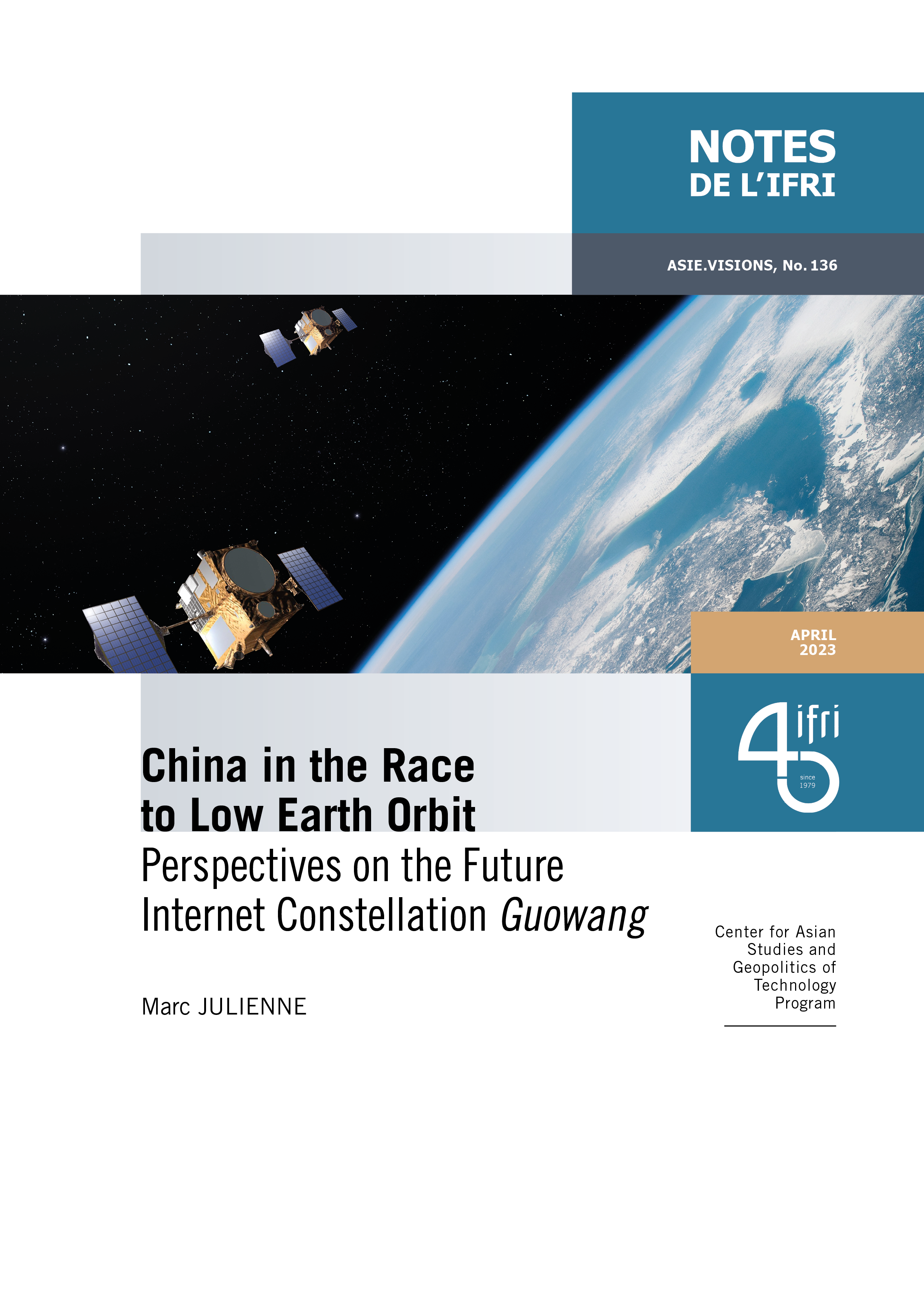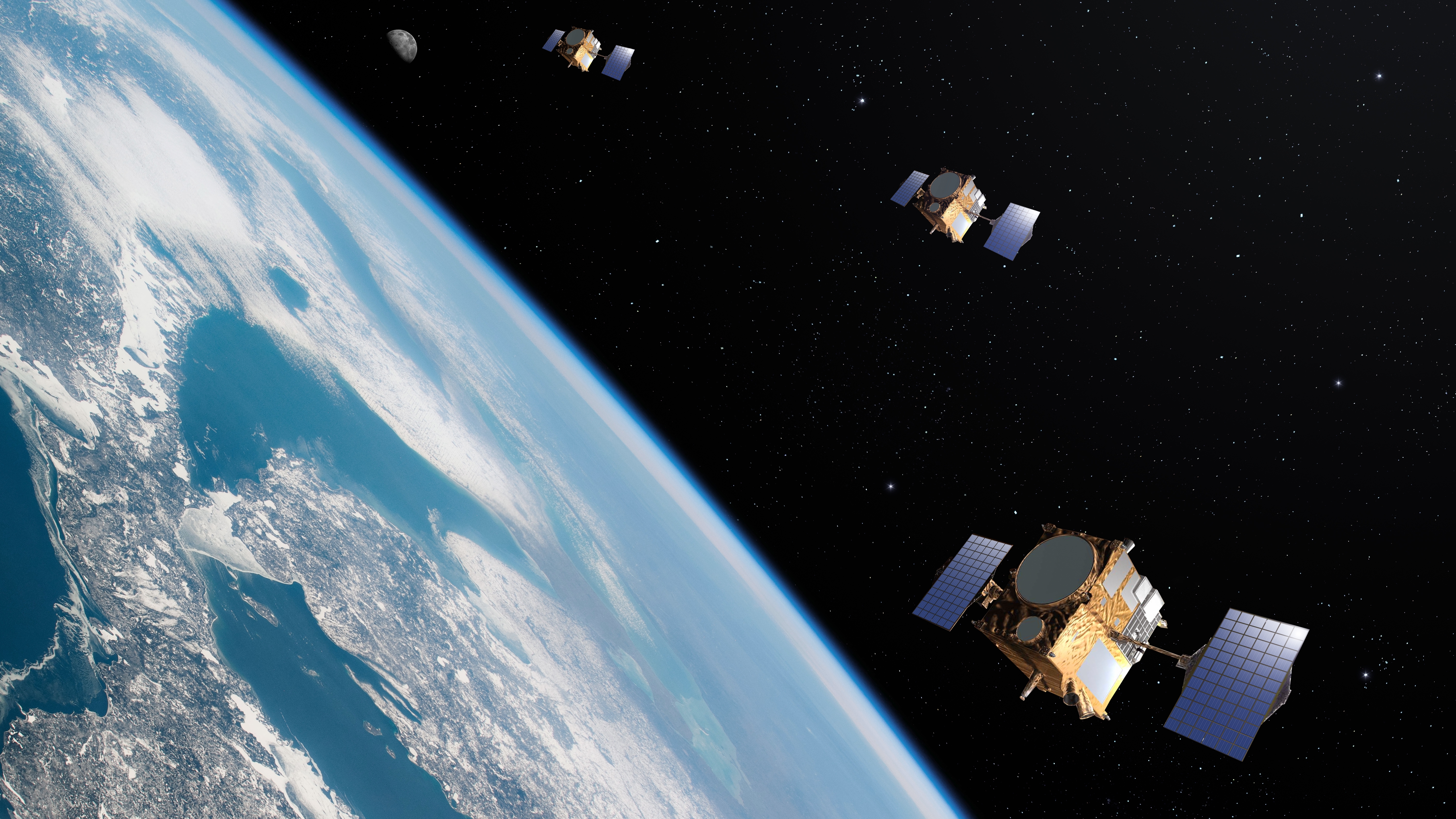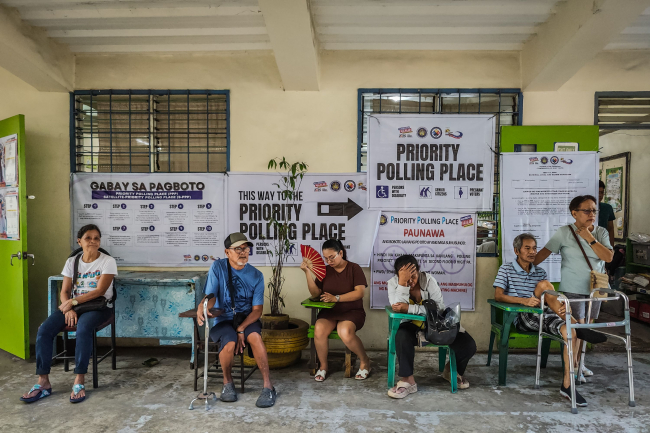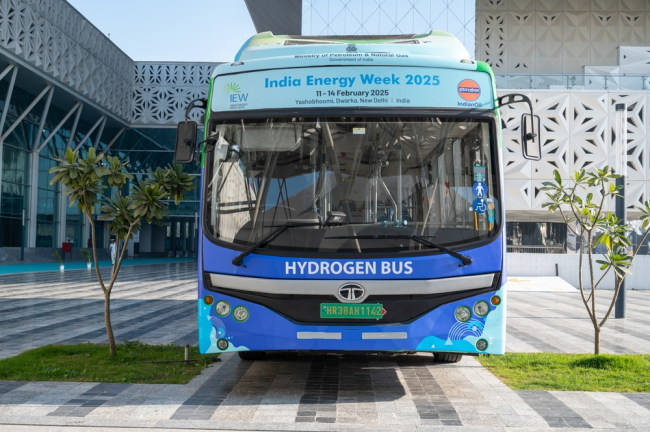China in the Race to Low Earth Orbit: Perspectives on the Future Internet Constellation Guowang

In April 2021, the Chinese government officially, but rather quietly, established a new state-owned enterprise (SOE) named China SatNet. Its mission: build out China’s “mega-constellation” program for low Earth orbiting internet satellites, known as Guowang (“national network”).

Several scattered programs had already been launched in China since 2018, and the establishment of this new SOE appears aimed at streamlining and accelerating the development and deployment of the future national constellation.
China's goal is to position itself in the highly strategic sector that is space-based broadband mobile telecommunication networks, so far dominated by the American SpaceX and its Starlink constellation. These constellations promise significant commercial and military outcomes that have aroused the interest of states.
In this field, Beijing lags behind SpaceX, but demonstrates a fierce determination to catch up and compete with its rivals. China has already registered a request with the International Telecommunications Union to put 12,992 satellites into orbit, or roughly 1,000 more than what has so far been authorized for Starlink.
To achieve its goals, China relies on traditional aerospace and telecommunications SOEs, and now on the newcomer China SatNet. It also relies on an emerging ecosystem of companies and start-ups (GalaxySpace in particular), and encourages local governments to build production parks for the space industry and new launch centers across the country.
China is thus gearing up to achieve its ambitions, but will nevertheless have to face multiple challenges, including the financing of its industry in a constrained economic context, the development of a viable business model which has not yet been proven elsewhere, and above all, the growing strategic and technological rivalry with the United States.

Regions and themes
ISBN / ISSN
Share
Download the full analysis
This page contains only a summary of our work. If you would like to have access to all the information from our research on the subject, you can download the full version in PDF format.
China in the Race to Low Earth Orbit: Perspectives on the Future Internet Constellation Guowang
Related centers and programs
Discover our other research centers and programsFind out more
Discover all our analyses
France seeks third way between US and China in Southeast Asia
The French leader sent a message of partnership but gave few concrete details on sustained engagement plans.
Mid-term Elections in the Philippines: The Clan War Reaches New Heights
Three years after the last general and presidential elections, Filipino voters once again went to the polls on May 12, 2025, to elect their municipal and parliamentary representatives.
India’s Green Hydrogen Strategy in Action: Policy Actions, Market Insights, and Global Opportunities
India is poised to remain the world’s fastest-growing major economy, and this rapid growth is driving a sharp rise in energy demand. As the most populous country on the planet, India urgently needs to decarbonize its energy systems.

RAMSES 2024. A World to Be Remade
For its 42nd edition, RAMSES 2024 identifies three major challenges for 2024.











